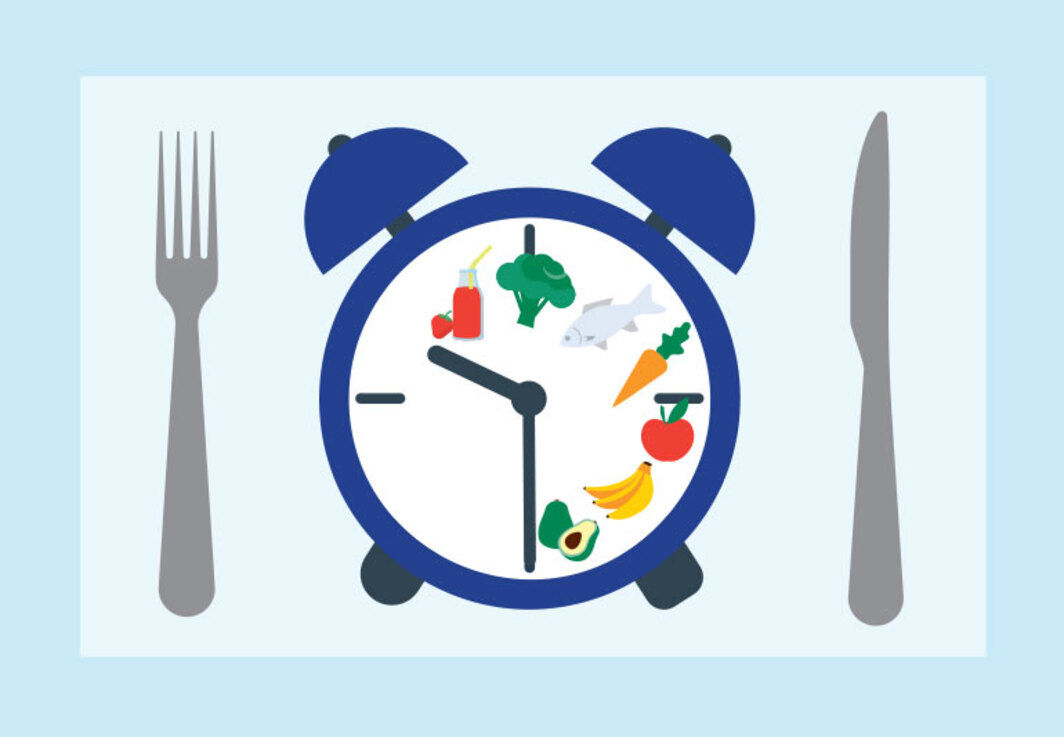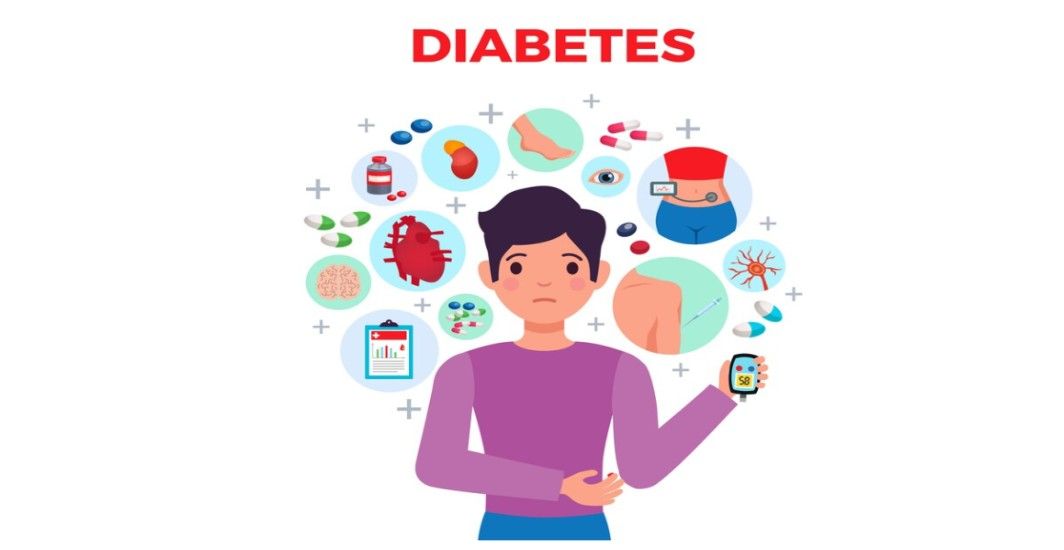Diabetes Management
List Some Self-Care Skills For Diabetic Patients
3 min read
By Apollo 24|7, Published on - 26 July 2024
Share this article
0
0 like
.jpg?tr=q-80)
Living with diabetes can be challenging, but with the right skills and tools, you can lead a healthy, fulfilling life. This blog will provide a detailed guide to self-care skills for individuals with diabetes. The focus will be on self-management, monitoring, and lifestyle choices that can help keep blood sugar levels in check and prevent complications.
Tips For Self-Management
The journey towards effective diabetes management begins with understanding the disease and adopting strategies for self-management. Start by setting realistic health goals. These could include monitoring blood sugar levels or planning a nutritious diet. Educate yourself about diabetes, its complications, and the importance of self-care.
Developing a daily routine is another crucial step. This routine should account for meals, medication, exercise, and blood sugar monitoring. Consistency can help you avoid fluctuations in blood sugar levels and maintain better overall health.
Self-Monitoring
Self-monitoring empowers you to take control of your health. Regularly test your blood glucose using a glucometer at recommended intervals. This will help you understand how different factors such as food, physical activity, and medication affect your glucose levels. Keeping a log of these readings along with details of food intake, physical activity, and medication will help identify patterns and assist in adjusting your lifestyle or medication accordingly.
Maintain a Healthy Weight
Weight management plays a critical role in managing diabetes. Work with your doctor to set a healthy weight range for yourself and monitor your progress regularly. But remember, it's not just about the number on the scale - focus on improving body composition by increasing muscle mass and reducing body fat.
Get Good Nutrition
A balanced diet is essential for managing diabetes. Include whole grains, lean proteins, healthy fats, fruits, and vegetables. Counting carbohydrates helps control blood sugar levels. A meal plan prevents unhealthy choices, while mindful eating aids effective diabetes management.
Exercise Regularly
Consistent physical activity is a key aspect of diabetes management. Aim for at least 150 minutes of moderate aerobic activity per week, such as brisk walking, swimming, or cycling. Incorporate strength training exercises at least twice a week to improve muscle mass and insulin sensitivity. Try to stay active throughout the day by choosing stairs over elevators or walking during breaks.
Stop Smoking
If you smoke, quitting should be a priority. Smoking can worsen complications in diabetes, including heart disease and nerve damage. Utilise resources such as counselling, support groups, and smoking cessation programs to aid you in this journey.
Take Medication Regularly
Always take medications as prescribed by your doctor. Use alarms or pill organisers to help remember to take your medications on time. Regularly discuss any side effects or concerns about your medications with your doctor.
Managing diabetes requires a multi-faceted approach. By adopting self-care skills such as self-management, self-monitoring, maintaining healthy weight and nutrition, regular exercise, smoking cessation and regular medication intake, you are well on your way to living a healthier life with diabetes.
To further support your diabetes management journey, consider enrolling in the Apollo Super 6 programme. Developed by Apollo doctors in India, this program helps individuals manage Type 2 diabetes through lifestyle changes and personalised support. The programme focuses on improving diet, increasing physical activity, and providing ongoing support from dedicated coaches. With the Apollo Super 6 programme, managing diabetes becomes a manageable task rather than an overwhelming burden!
Diabetes Management
Consult Top Diabetologists
View AllFrequently Asked Questions
What does self-management mean for a person with diabetes?
What does self-management mean for a person with diabetes?
Why is regular self-monitoring important in diabetes management?
Why is regular self-monitoring important in diabetes management?
How can I maintain a healthy weight if I have diabetes?
How can I maintain a healthy weight if I have diabetes?
How does smoking affect my diabetes management?
How does smoking affect my diabetes management?
Why is it important to take my medication regularly when managing diabetes?
Why is it important to take my medication regularly when managing diabetes?
Leave Comment
Recommended for you

Diabetes Management
Intermittent Fasting's Impact on Blood Sugar Control
Research has demonstrated that Intermittent Fasting (IF) is a valuable practice that can aid in regulating blood sugar levels. This rhythmic eating pattern resets your body's metabolic functions, enhances insulin sensitivity, and manages weight effectively. It's not just a diet; it's a holistic journey to a healthier you!

Diabetes Management
Why good sleep is necessary to keep lifestyle diseases at bay
Good sleep plays a crucial role in preventing lifestyle diseases. Lack of sleep disrupts the hormonal balance that regulates appetite and energy metabolism, leading to increased calorie consumption and weight gain. Inadequate sleep can impair glucose metabolism and insulin regulation, increasing the risk of type 2 diabetes.

Diabetes Management
Turning Back the Clock on Diabetes: Insights into Successful HbA1c Reversal
Reversing diabetes may soon be more than just wishful thinking. Recent research studies reveal the potential for treatment dynamics to shift from just managing the disease to actually reversing your HbA1C levels. Encouraging results from new strategies such as intensive lifestyle therapy point towards a future where turning back the clock on diabetes might be possible.
Subscribe
Sign up for our free Health Library Daily Newsletter
Get doctor-approved health tips, news, and more.
Visual Stories

8 Fruits That are Incredibly Healthy for Diabetes
Tap to continue exploring
Recommended for you

Diabetes Management
Intermittent Fasting's Impact on Blood Sugar Control
Research has demonstrated that Intermittent Fasting (IF) is a valuable practice that can aid in regulating blood sugar levels. This rhythmic eating pattern resets your body's metabolic functions, enhances insulin sensitivity, and manages weight effectively. It's not just a diet; it's a holistic journey to a healthier you!

Diabetes Management
Why good sleep is necessary to keep lifestyle diseases at bay
Good sleep plays a crucial role in preventing lifestyle diseases. Lack of sleep disrupts the hormonal balance that regulates appetite and energy metabolism, leading to increased calorie consumption and weight gain. Inadequate sleep can impair glucose metabolism and insulin regulation, increasing the risk of type 2 diabetes.

Diabetes Management
Turning Back the Clock on Diabetes: Insights into Successful HbA1c Reversal
Reversing diabetes may soon be more than just wishful thinking. Recent research studies reveal the potential for treatment dynamics to shift from just managing the disease to actually reversing your HbA1C levels. Encouraging results from new strategies such as intensive lifestyle therapy point towards a future where turning back the clock on diabetes might be possible.
